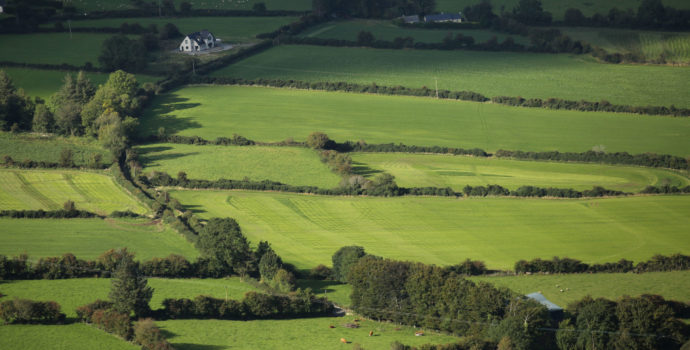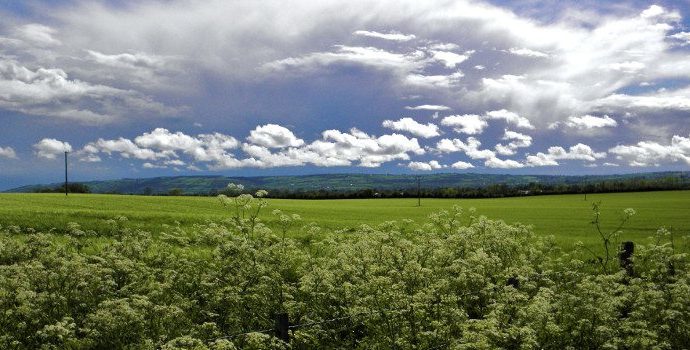
IFA has called on the Department of Agriculture to introduce a Sustainability Development Programme to support improved efficiency and to continue to reduce the environmental footprint of the sector.
IFA President Joe Healy said, “The Department of Agriculture’s early mid-term review of the Nitrates derogation provides a real opportunity to support the sustainable development of a cohort of farmers who contribute over €900m in agricultural output in every county in Ireland and are a cornerstone of the future development of the sector”.
These farmers must not be threatened with further regulations, legislation or changes to the derogation. Instead, Government must come forward with a well-funded and robust Sustainability Development Programme (SDP) for the sector.
IFA Environment Chairman Thomas Cooney called for the following measures:
- Implementation of the Teagasc climate roadmap.
- Increased funding and removal of VAT for low emissions slurry spreading equipment.
- Supports for greater use of protected urea, lime, slurry additives and soil aeration technologies.
- Support for anaerobic digestion and on-farm renewables.
- Full recognition of the carbon sinks from forests, permanent pastures and hedgerows.
- Greater use of organic manures on farms.
The Association has also strongly rejected proposals by the Department of Agriculture to classify farms that are stocked at 1.5 dairy cows/ha as ‘intensive’, describing it as “an incorrect and deeply unfair perception of our family-owned and operated, grass-based farms, at a time of unprecedented and extraordinarily aggressive social media driven scrutiny of farming and food production systems”.
Thomas Cooney added, “Farmers are fully engaged in positive water, air and climate action, with farmers in derogation using resources such as phosphorous with increased efficiency. All of this action is contributing to falling emissions intensity in our livestock sector, strong demand for access to air quality improvement schemes such as LESS; as well as climate, biodiversity and water improvement schemes, such as GLAS”.
Farmers have also demonstrated a willingness to move beyond the delivery of statutory environmental obligations, through their increasing participation in voluntary programmes, such as ASSAP and Smart Farming.




